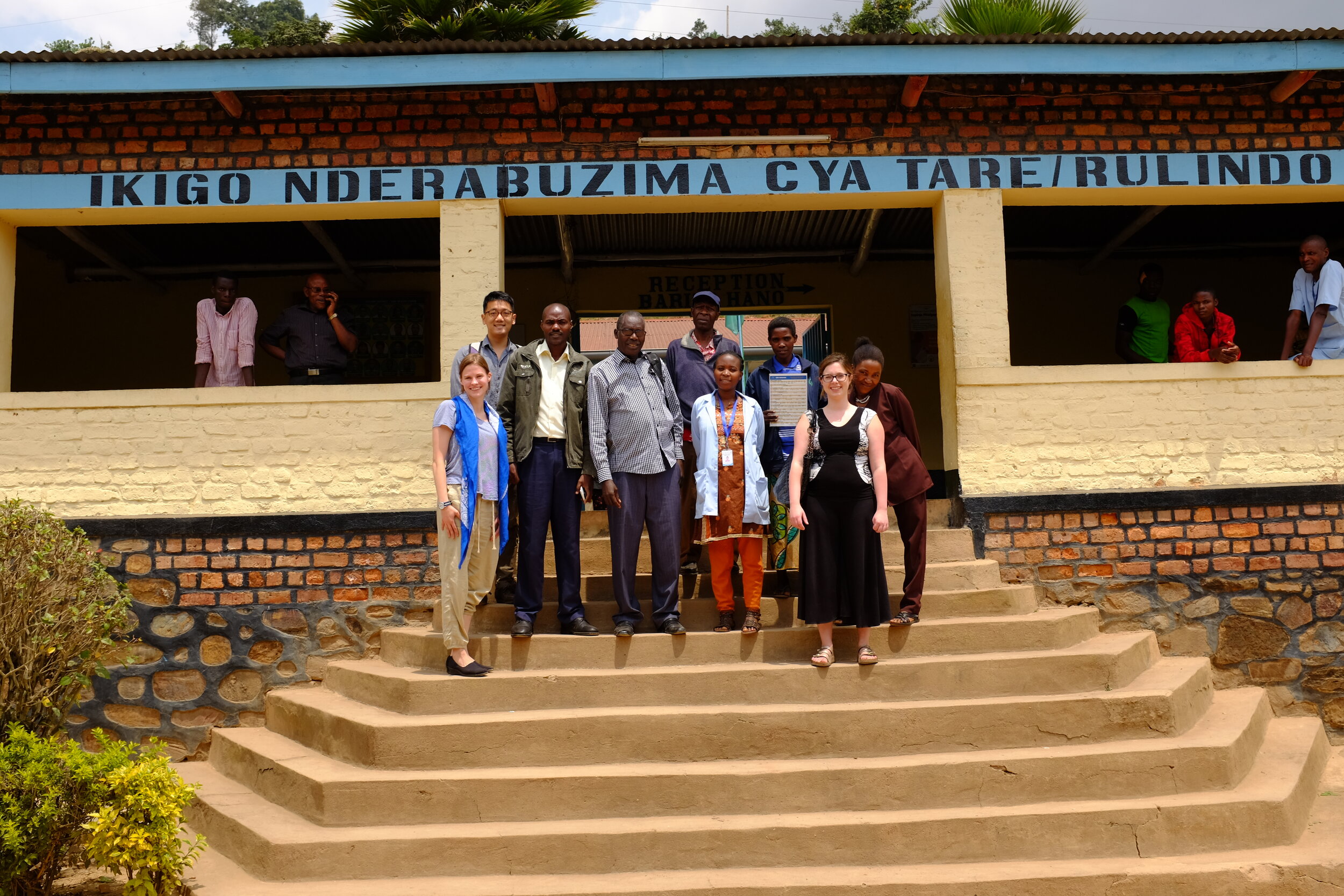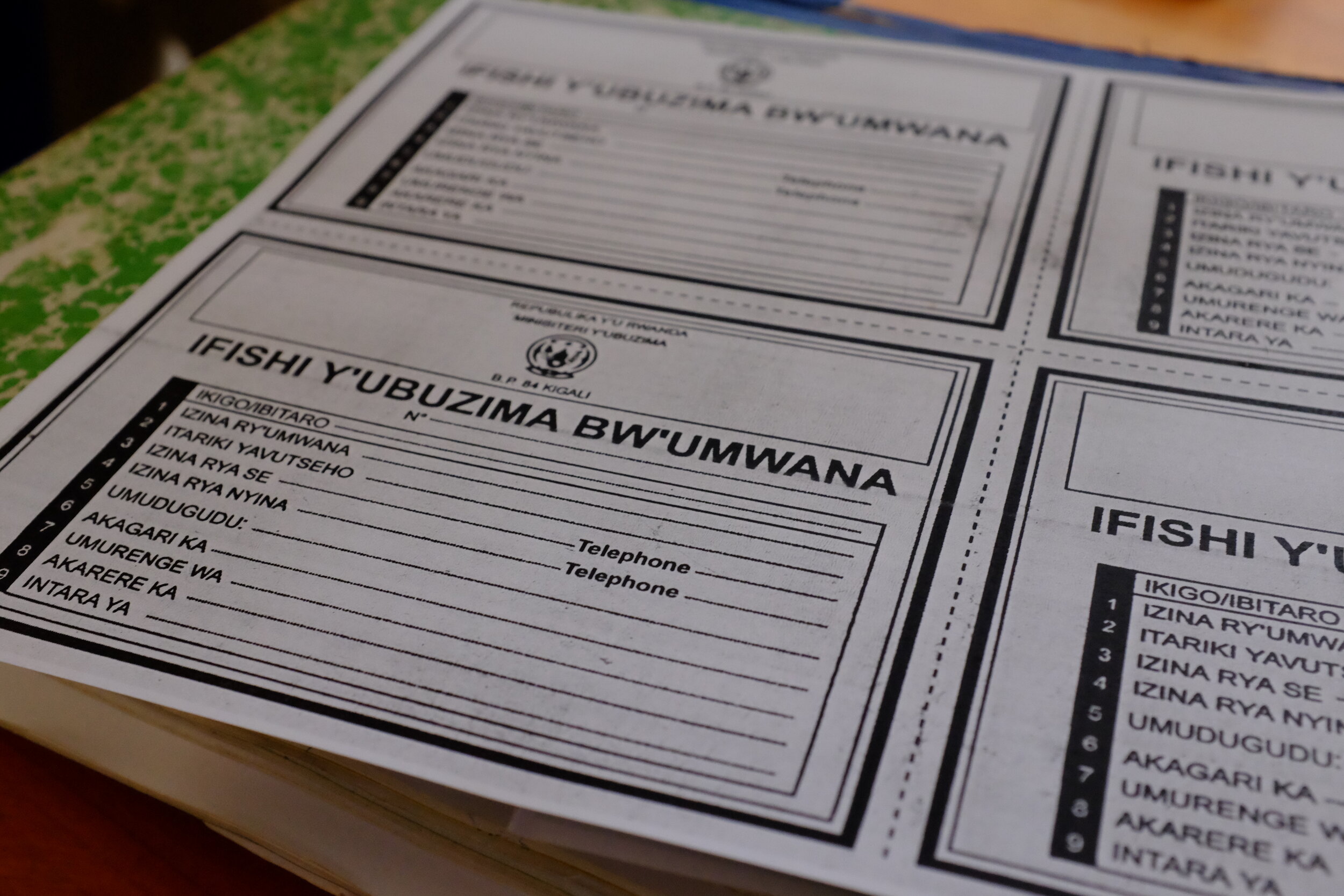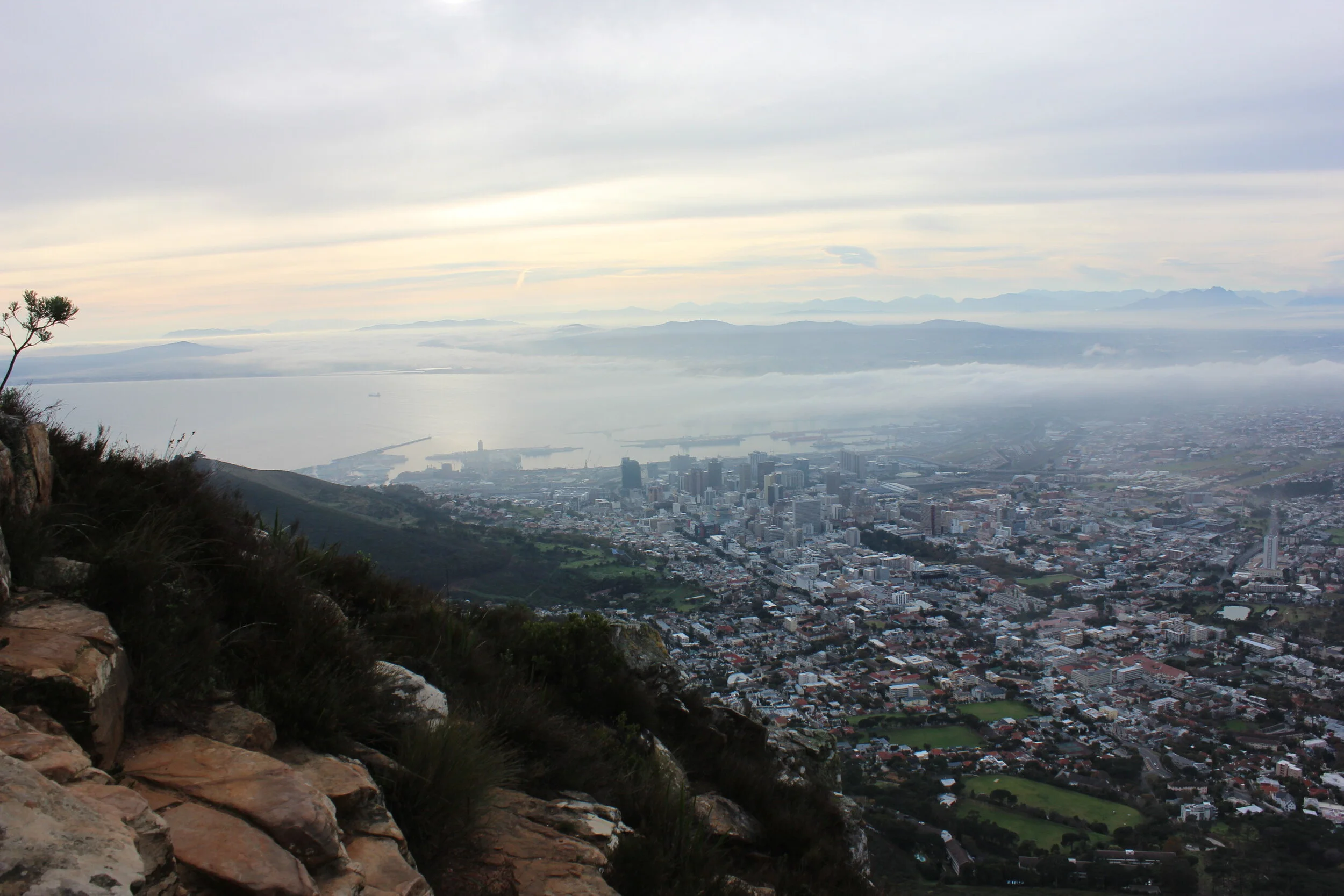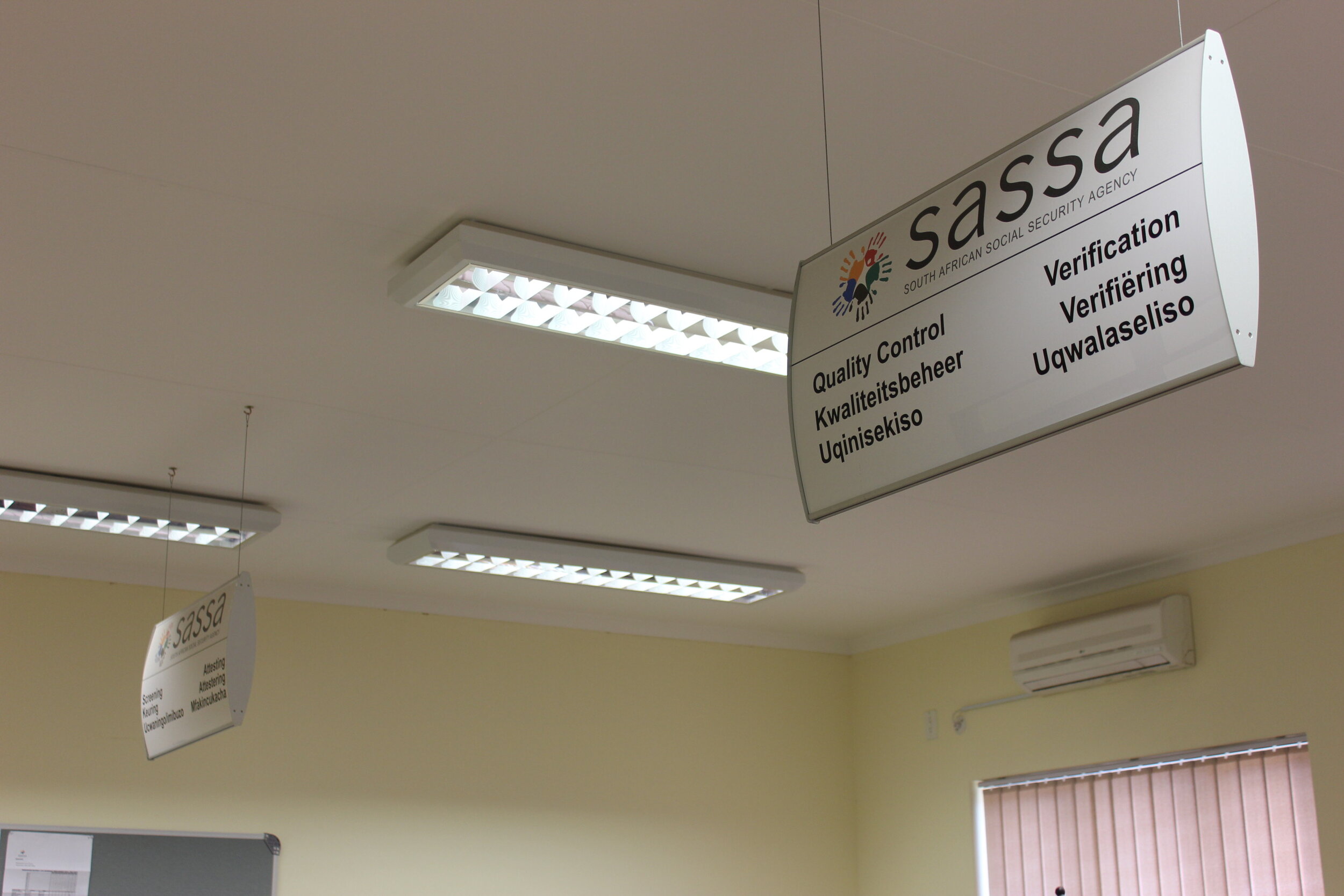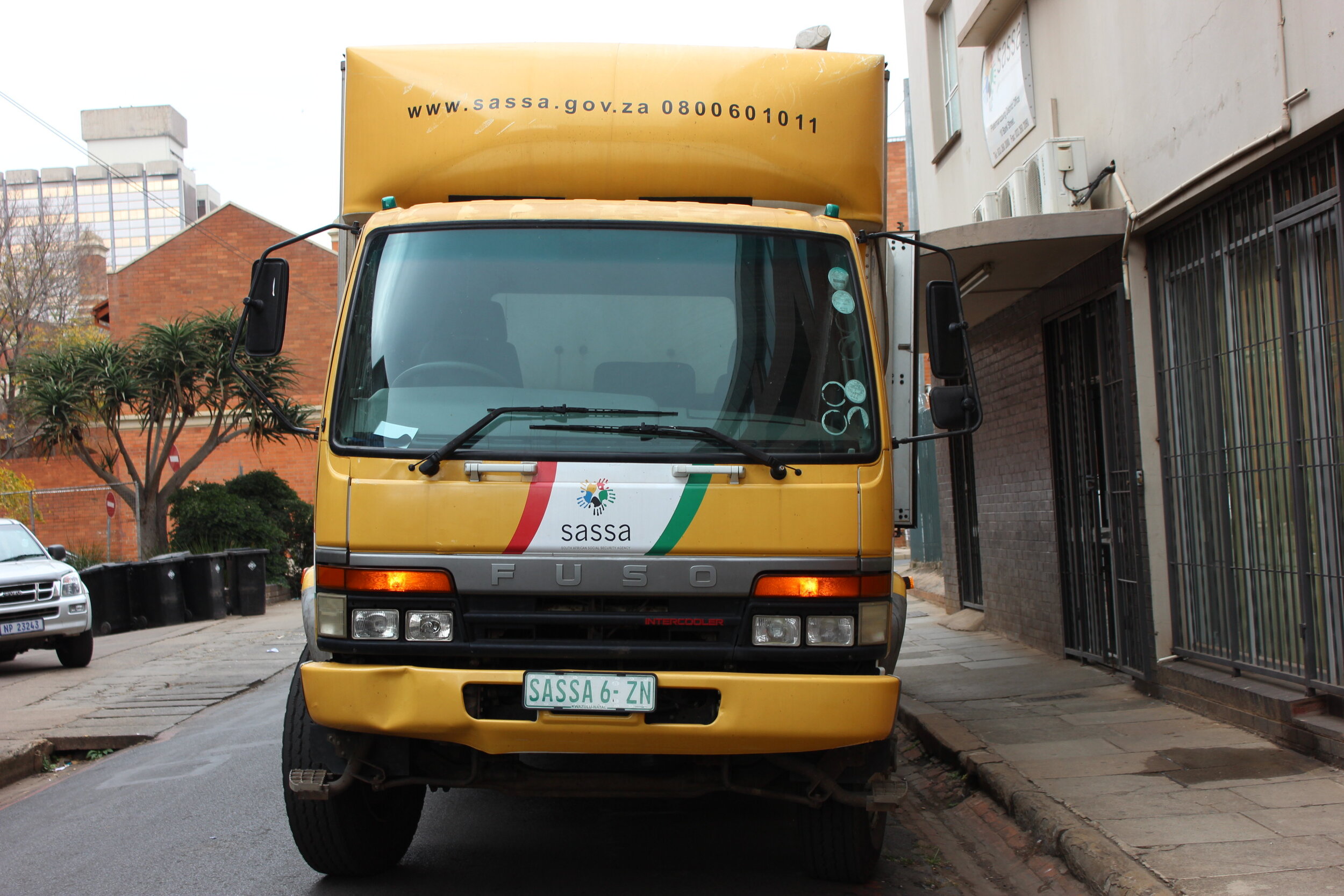Methodology
A Reach Alliance project cycle is an 16 to 18-month research program. Selected students conduct secondary, primary and field research, and write a report on global development interventions with mentorship from a University of Toronto faculty member.
The Reach Alliance project cycle begins in the early summer of a given year. 25 students at the University of Toronto are selected from a competitive pool of applicants. Over the summer, in a series of pitches, researchers identify unique interventions that have demonstrated success in reaching the hard to reach. They are then required to make a compelling case for why the Reach Alliance should focus its efforts on studying that particular intervention. These pitching sessions culminate in early-Fall when four to five case studies are selected. Case-study teams of five students are formed, with designated faculty mentors. Researchers are assigned to teams based on a combination of their preference of project, leadership style and disciplinary background.
Over the course of the academic year, the case-study teams conduct in-depth literature reviews and secondary research on the intervention. Their research is complemented by a comprehensive and holistic skills development series of workshops and seminars from field experts. These include workshops on quantitative research, qualitative research, research methods, research ethics and field-interview practices. Reach researchers complete their own REB protocols (research ethics) and get approval from the University of Toronto research ethics board. Throughout the year, researchers also participate in exclusive seminars from thought-leaders in both the public and the private sectors. In addition, each team receives coaching from a qualified leadership coach.
As the secondary research phase winds down, each case-study team begins planning travel for fieldwork. All Reach teams travel to the field to study their case. Teams typically spend between 7 to 14 days on the field conducting interviews (structured, semi-structured, unstructured or ethnographic) and site-visits.
Upon returning from the field, the teams draft a report for publication. The Reach report is then released ahead of the annual Reach Symposium. Often researchers, with advice from their faculty mentor, will pursue an academic publication from their research.

